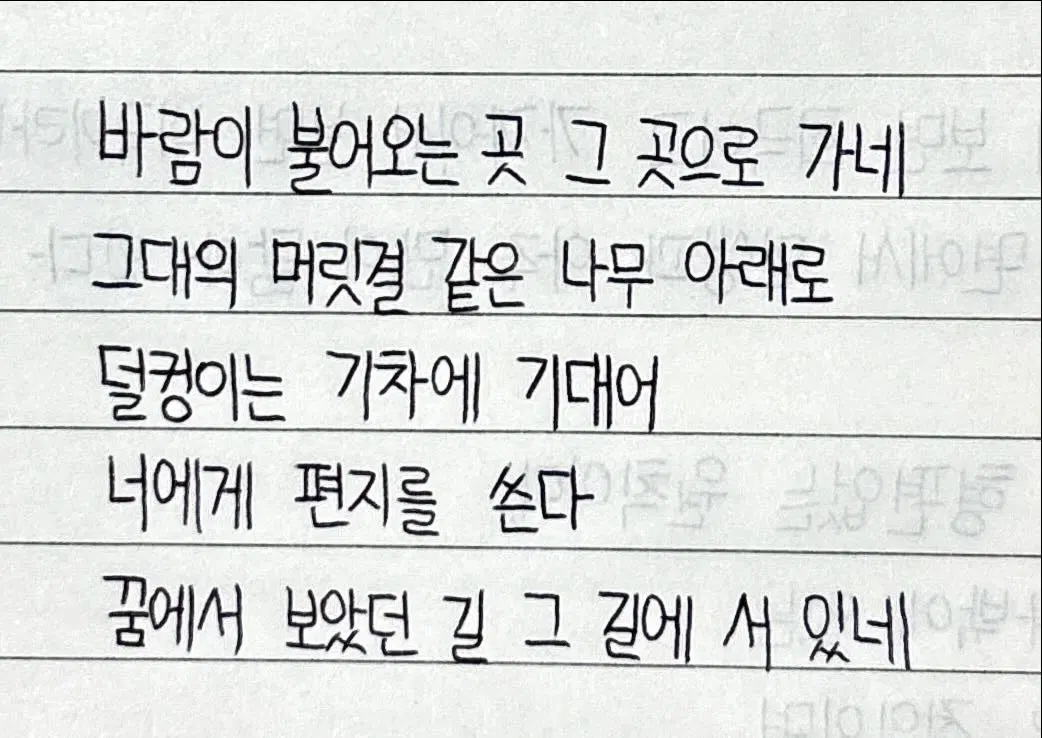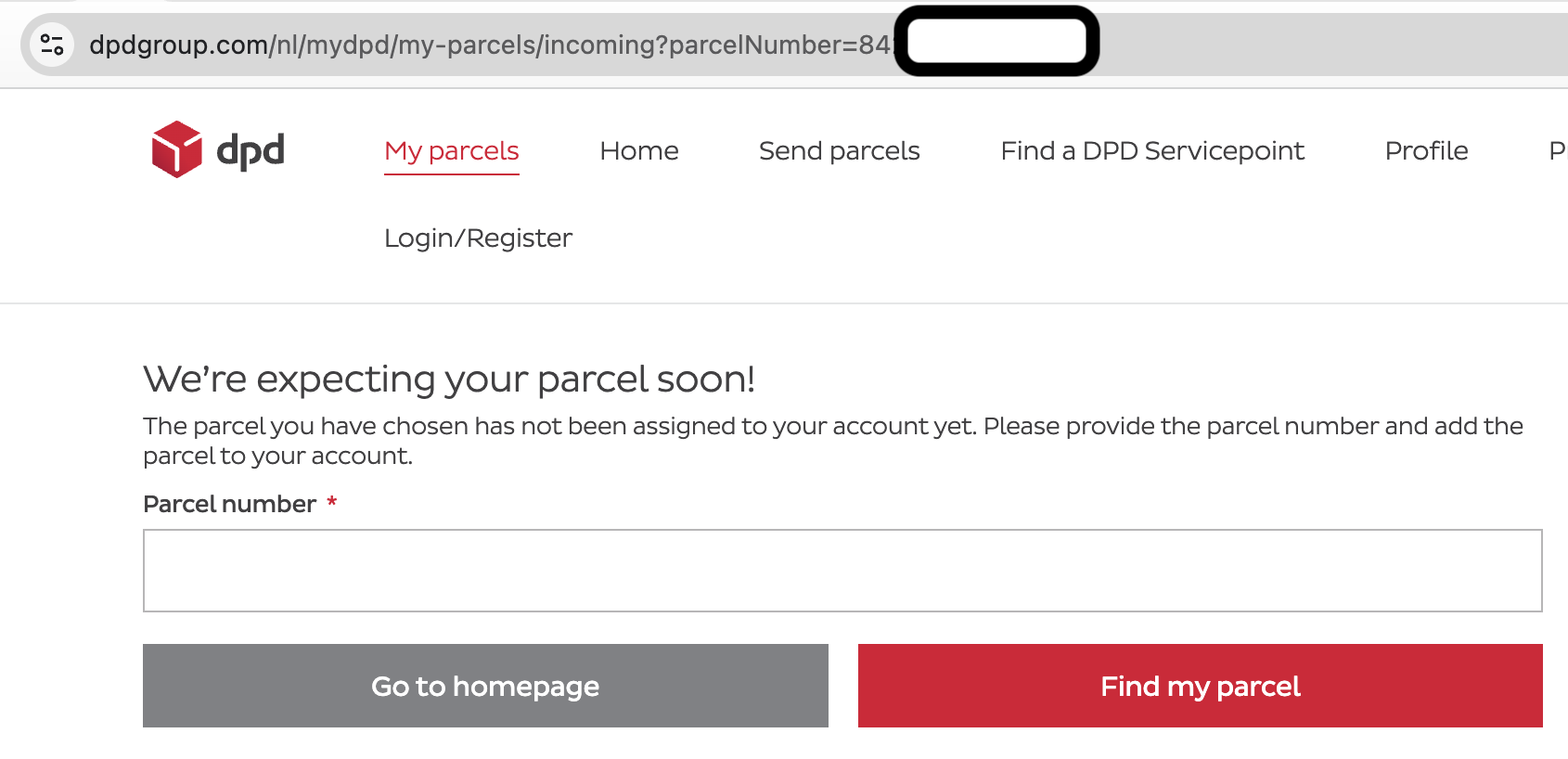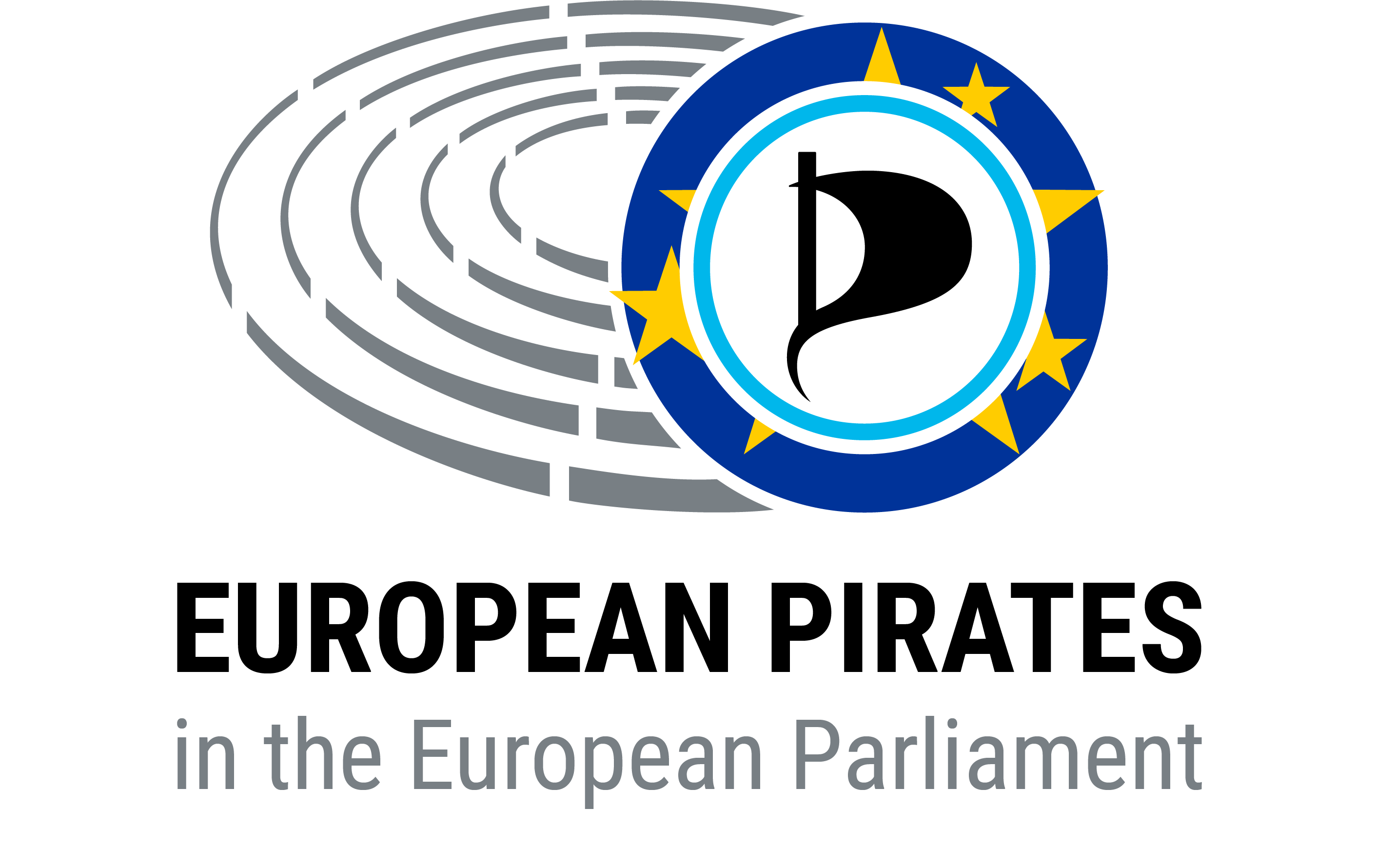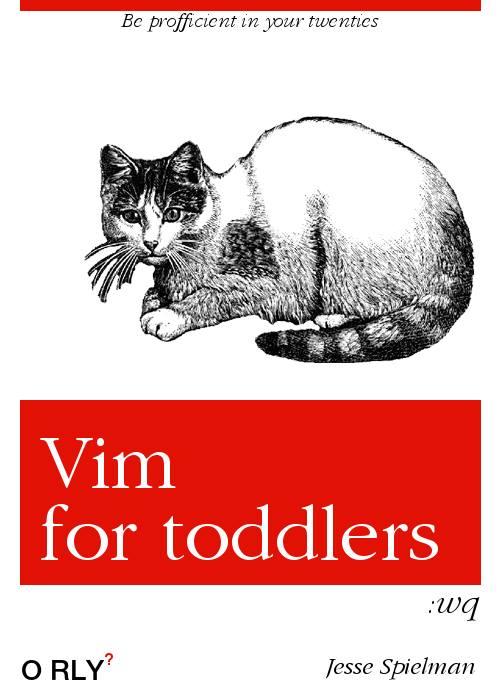The death of #XSLT by the hand of #Google (again) is quite saddening.
To be clear, the last time I actively used XSLT was probably around 2010. But I still had an emotional attachment to this technology.
Maybe because one of the first bug reports I contributed to as a coder was this ancient Mozilla bug from 2001 which was about XSLT rendering (and btw it’s still open after 24 years, and since XSLT is now officially dead I don’t think it’ll ever be addressed).
Maybe it’s because one of the first iterations of my personal website relied heavily on XSLT.
My website back in 2007-2008 consisted in a bunch of XML files, which were rendered on the fly either as HTML or RSS feeds depending on the client. And XSLT was there operating this transformation behind the scenes.
I get it, the world doesn’t rely so heavy on XML as it did 15 years ago.
But HTML is a superset of XML. As those unloved RSS/Atom feeds are still XML.
XSLT provided the perfect glue to transform one into another with a (relatively) simple markup language. No boilerplate code required on your application to operate conversion for client presentation purposes. XML in, XML out, XML in between.
Back then, in the early days of jQuery, I used to dream of an XSLT-based solution to generate and reuse DOM components.
Imagine that: an alternative timeline where no React, Vue or 200MB node_modules for transpiling were required, and everything relied on XSLT to transparently transform whatever markup synctatic sugar your frontend framework used into valid HTML.
But I guess that, especially now that XSLT support has been removed for good from Web browsers, we’ve diverged from that timeline quite a bit.


 Zennのトレンド
Zennのトレンド 



















 車載主
車載主 










 BOOTHあります
BOOTHあります

 🕊️
🕊️












